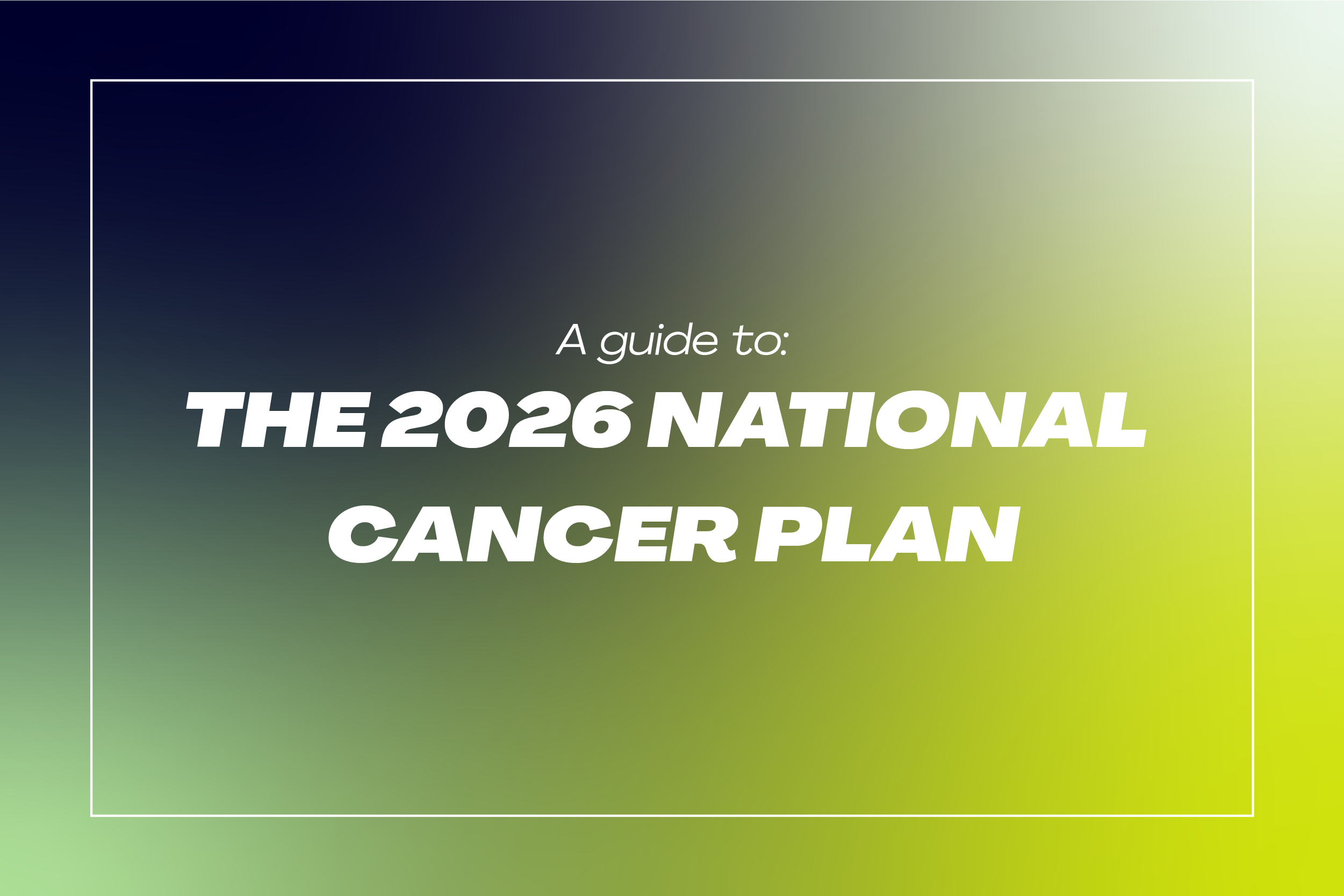Children’s Nurses have one of the most challenging yet rewarding nursing jobs in the healthcare industry. Unlike Adult Nurses, Children’s Nurses (also known as Paediatric Nurses) have the pleasure (and pain) of working solely with children and young people.
If you’re considering a career in children’s nursing, there are a few things you need to consider before you start applying for jobs. This article outlines some of the most important considerations before becoming a Children’s Nurse.
1. Are you qualified to become a UK Children’s Nurse?
To become a Children’s Nurse in the UK, you’ll need to complete a child nursing degree or apprenticeship at a university or higher education establishment.
Entry requirements for most nursing courses include 96 UCAS Tariff points (achieved by gaining at least 2 A Levels or equivalent), 3 GCSEs with at least grade 4 or grade C (must include English and maths), and fluency in the English language. You may also need to complete an interview with the university during the selection process.
If you successfully gain a place on a child nursing course, you’ll study for 3 years full-time, including classroom learning and clinical placements in teaching hospitals.
Before applying for a course, you’ll need to consider whether you can afford the tuition fees and additional study costs. Did you know that nursing students in the UK can receive a grant for up to £5,000 a year?
2. Do you have everything you need to work as a Children’s Nurse legally?
There’s a lot more to becoming a qualified Nurse in the UK than just a degree.
Firstly, you must register with the Nursing and Midwifery Council (NMC). This is the governing body for all UK Nurses, so full registration is essential. Learn more.
You’ll also need an enhanced Disclosure and Barring check from the UK’s Disclosure and Barring Service (DBS check). This background check provides potential employers with information on any outstanding criminal investigations, trials or convictions that could affect your eligibility for employment.
You'll need occupational health clearance before you can work in any healthcare setting. This includes evidence of the following vaccinations: measles, mumps, rubella (MMR), Varicella, BCG, and Hepatitis B. You may also be required to undergo multiple screening tests before being cleared for work.
3. Are you emotionally resilient?
Working as a Children’s Nurse is extremely rewarding. However, caring for sick children presents significant challenges, many of which require high levels of emotional resilience.
The sad reality is that not every child makes a full recovery, which can be distressing and emotional for the staff who care for them. Children’s Nurses must, therefore, be able to manage their emotions effectively and detach their professional lives from their personal lives.
You might find this article on coping with patient deaths useful.
4. Do you have the patience to work with children?
They may be healthcare patients, but they’re still just children, which means a very different style of care is required. The best Paediatric Nurses have a natural way with children and young people and can adapt their communication style to suit both the patients and their adult loved ones. This might sound easy, but it’s a trait that doesn’t come naturally to everyone.
Most paediatric wards aim to keep things as lighthearted and fun as possible, keeping the young patients entertained and distracting them from their conditions while providing essential treatment.
This is a fine balance that not everyone can achieve. You must be extremely patient, kind, empathetic, and upbeat but also firm and serious when the time calls for it, such as when dealing with distressed or difficult loved ones.
Simply put, if you don’t enjoy working with children, a career in adult nursing may be better for you.
5. Can you commit to working long hours?
Part of the territory of taking on a nursing role is the long hours. The standard hours for a hospital nurse are typically 35 to 40 per week, but during pressured periods, Nurses are often expected to work longer shifts to help meet patient demand.
Most nursing jobs also include nights and weekends, so you should be prepared to work unsociable hours and be flexible with your time.
6. Which setting would be best for you?
Children’s Nurses work in a wide range of health and social care settings, including acute hospitals, mental health hospitals, children’s care homes, schools, community hospitals, and hospices.
Working out which setting would be right for you depends on your personal circumstances. For example, the hours may differ between a private and an NHS hospital. You may also feel that working with children in a hospice environment could be too emotionally challenging.
If you’re struggling to choose a setting, you might like to try locum work. Unlike a permanent contract with one employer, locuming allows you to be flexible with where you work and how many hours you work. Locum nurses can work in multiple settings, which means more experience in a shorter space of time. It’s essentially freelance nursing.
Please note that locum nurses don’t receive the same benefits as permanent staff, such as maternity leave, sick pay, or holiday pay, but greater flexibility, a better work-life balance, and access to more experience remedy this.
Already a Children’s Nurse? Join the Your World family!
Since 2005, Your World Nursing has welcomed Children’s Nurses of all experience levels into our vast community of healthcare heroes. Come and join us!
Our expert team is on hand to help you find high-quality nursing jobs throughout the UK. And as one of the only agencies to be a part of every NHS-approved framework in the United Kingdom, we have the best possible access to NHS roles.
Contact us for a quick chat with one of our specialist consultants and see where Your World can take your career!











